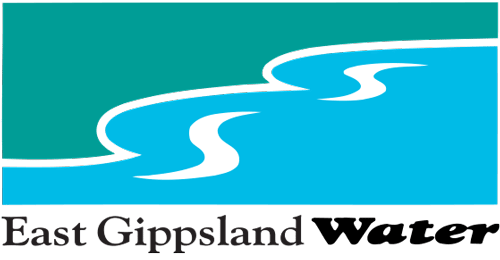Customer conversations
After completing the customer conversations, the results were complied and analysed by InSync and sorted into the four themes. The key findings are presented below.
Customer Financial Assistance Program
Many people sought clarification on East Gippsland Water’s hardship criteria, and the level of increase being considered.
Respondents were divided on whether or not they would willingly pay extra on their bills to support those in hardship.
Some specified that it should be a minimal amount that they would not notice.
Environmental Sustainability
Things that stood out for respondents in relation to East Gippsland Water and sustainability:
- East Gippsland Water’s legislative, strategic responsibility in this area
- East Gippsland Water’s leadership, especially on renewable energy
- The legacy for future generations
- Levels of services to remain consistent with population growth and development
- Risks associated with inadequate investment in sustainability
- Maintaining a balance of vision and cost
There was a mixed response to the question of whether East Gippsland Water should fund community projects. A co-funding arrangement was seen as appropriate, with the community responsible to foot some of the bill.
Service Levels
Customers were unanimous in the view that service levels should be maintained. General comments included:
- a reduction in service could affect water quality
- they would like the current pricing to be maintained, and
- it would be okay to stop receiving paper bills.
There was reference to local employment and its value to the area in many interviews, as well as appreciation of locally based customer service.
The value of water education provided by East Gippsland Water and the importance of providing timely information on any changes to the delivery of services.
Liveability
The range of responses was wide and thoughtful. Family, community and environment all featured as significant
values for respondents. Other topics relating to water, health and wellbeing were also frequently mentioned.
For many respondents East Gippsland Water’s core role of providing water and sewage services was felt to be basic to
liveability. Some noted the importance of a good water supply and maintenance of infrastructure. One highlighted how much difference moving from on-site systems to a sewage service can make.
There were many suggestions about East Gippsland Water’s potential contribution to liveability including:
- sponsorship and support of community gardens
- water parks
- promoting the region
- partnership in environmental projects
- creating a man-made lake
- helping neighbourhood houses.
